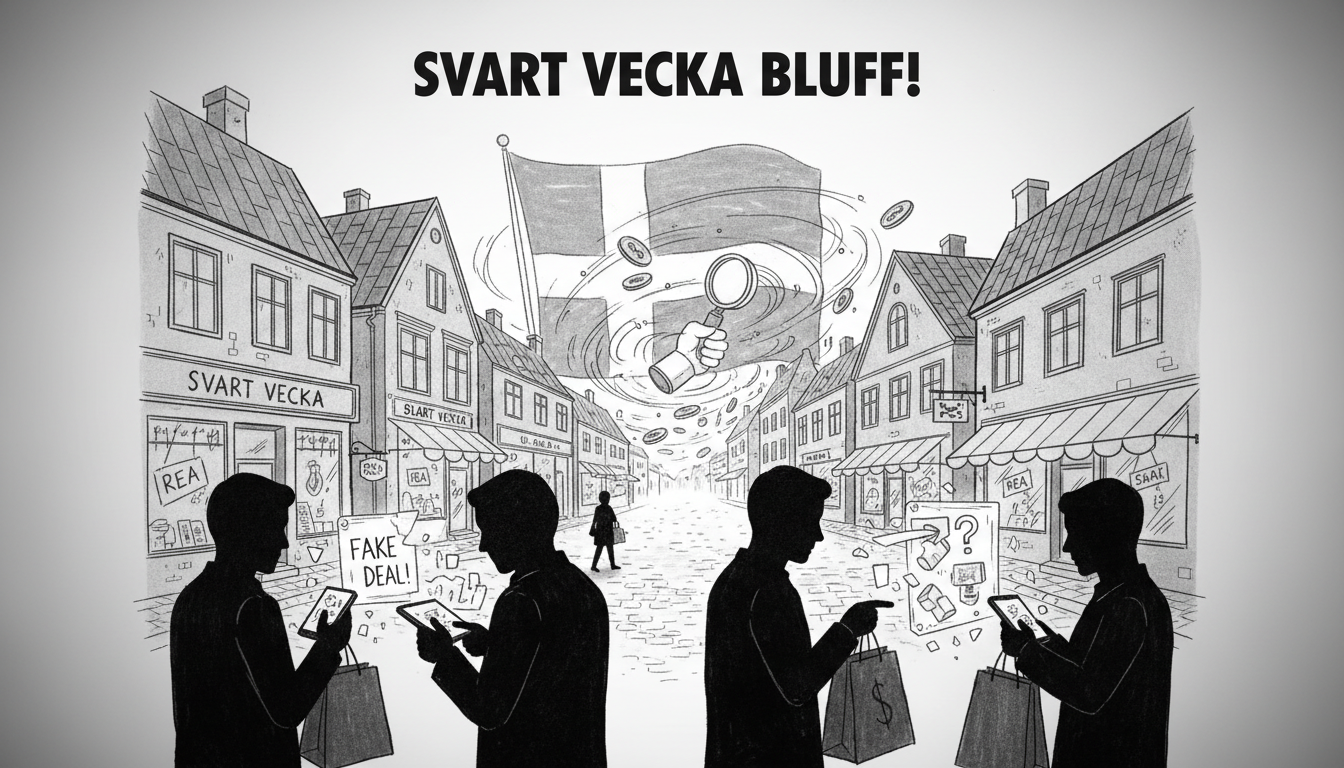Swedish shoppers face increased fraud risks during Black Week promotions. Police warn about fake websites and deceptive advertisements targeting bargain hunters. Fraud prevention experts note substantial security gaps in online shopping systems.
Retailers launched sales events weeks before the official Black Friday date. Companies created extended promotions like Black Month and pre-Black Week campaigns. These early November discounts set the stage for current shopping frenzy.
One-third of Swedish consumers plan purchases during this promotional period. Households typically spend 1,500 SEK more this week compared to annual averages. This spending surge creates prime conditions for financial scams according to authorities.
Stockholm business districts see heightened consumer activity during sales events. Östermalm and Södermalm shopping areas attract both legitimate businesses and potential scammers. The concentration of wealth in these neighborhoods makes them particularly attractive targets.
Swedish startups in fintech develop fraud prevention tools for this challenging period. Several Stockholm-based companies raised substantial venture capital for security solutions. These Nordic innovation hubs produce technologies that protect consumer transactions.
Police recommend verifying website authenticity before entering payment information. Consumers should check for secure connections and legitimate company contact details. Official authorities provide verification services for concerned shoppers.
The fraud center spokesperson highlighted systemic vulnerabilities in e-commerce platforms. Existing security measures often fail to prevent sophisticated scam operations. This reality demands improved consumer awareness and better corporate responsibility.
Nordic fintech companies address these challenges with advanced verification systems. Their solutions integrate with major retail platforms across the region. Swedish venture capital firms continue funding these security-focused startups.
Consumer protection agencies track complaint patterns during peak shopping periods. They identify common scam tactics and share prevention strategies with the public. Their data helps shape both regulatory responses and technological solutions.
International shoppers visiting Sweden should exercise particular caution during sales events. Language barriers and unfamiliar payment systems increase vulnerability to fraud. Many Swedish retailers now offer multilingual customer support for global visitors.
The current situation reflects broader digital security challenges facing Nordic consumers. As shopping moves increasingly online, protection mechanisms must evolve accordingly. Both public awareness and technological innovation play crucial roles in addressing these risks.

